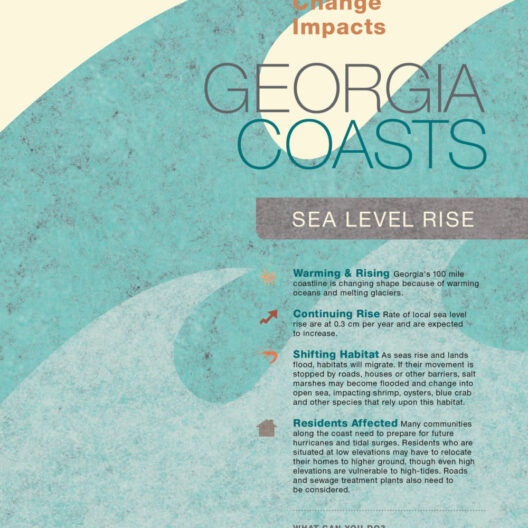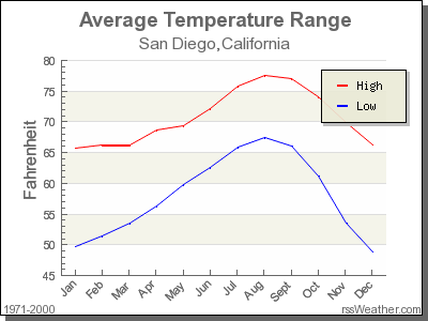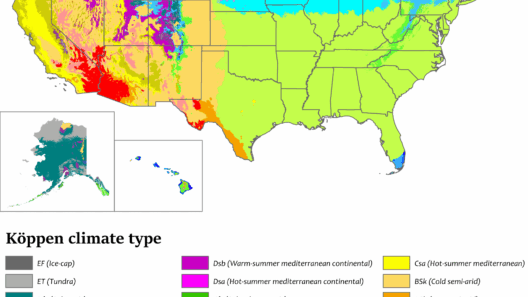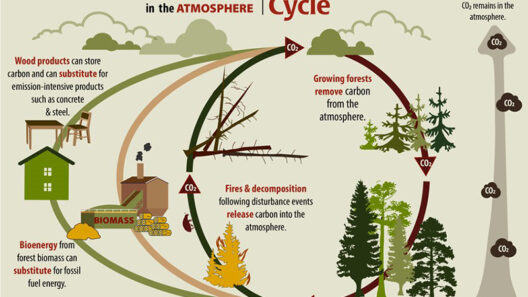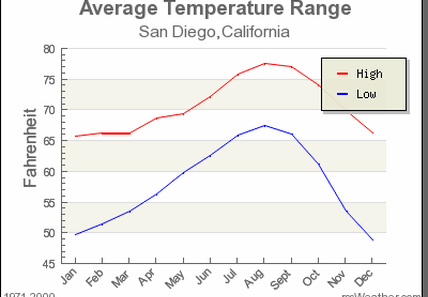As nations around the globe strive to combat climate change, the Paris Climate Agreement stands as a monumental pact aimed at curtailing greenhouse gas emissions. But an important question begs to be asked: why is this international arrangement perceived as detrimental to the United States? To dissect this topic effectively, one must examine multifaceted economic, political, and social dimensions intertwined with the agreement.
First and foremost, one of the most incendiary critiques revolves around the economic implications of the Paris Agreement. Proponents of withdrawing from the agreement argue that it imposes significant financial constraints on the U.S. economy. The accord’s voluntary nature for emissions cuts sounds appealing; however, the reality can be daunting. The ostensible commitment to reduce greenhouse gas emissions could lead large corporations to incur substantial costs, undermining their competitive edge in a global market.
How can American businesses thrive when they are simultaneously tasked with adhering to regulations mandating reduced emissions? The costs associated with transitioning to greener technologies can be astronomical. Critics posit that this commitment could jeopardize jobs, especially in traditional energy sectors like coal, oil, and natural gas. With many American households reliant on employment in these industries, the ramifications can be stark and dire.
Additionally, the element of regulatory asymmetry cannot go unnoticed. As the U.S. tightens its emissions standards, other major polluters—such as China and India—are not held to the same rigorous expectations within the framework of the agreement. This inequity could lead to an exodus of American businesses relocating to countries where restrictions are laxer, further exacerbating job losses domestically while failing to impinge upon worldwide emissions significantly. One must ponder: is America sacrificing its economic vitality for a vaguely outlined global ideal?
Moreover, the intricacies of domestic energy independence complicate this narrative. The United States has surged to the forefront of energy production, particularly through the discovery of shale gas. This newfound independence is marred by international agreements that may stifle further investment in fossil fuels. Critics argue that adhering to the Paris Agreement may inhibit the development of American energy resources. Thus, the irony surfaces — an agreement designed to foster global sustainability may undermine national energy autonomy.
Political ramifications also shape the narrative around the Paris Agreement. The U.S. operates within a polarized political landscape, where climate policy often becomes a pawn in a broader ideological chess game. Decisions surrounding the agreement can become less about climate action and more about partisan tackles, with critics lambasting the accord as another international entanglement that undermines sovereignty. One might ask: should national policy be dictated by international whims when domestic concerns could take precedence?
The psyches of the American populace are yet another dimension to consider. As awareness of climate change escalates, significant portions of the population perceive climate accords as a necessary step towards sustainability. However, the perception of the Paris Agreement as unfavorable could engender distrust in governmental institutions that ostensibly mandate adherence to international treaties. This dichotomy feeds into the larger conversation about climate change as a divisive issue rather than a collaborative one. How can a nation address climate change effectively when it remains polarized regarding the instruments intended for mitigation?
From a global standpoint, the effectiveness of the Paris Agreement itself raises questions. While the framework aims to limit global temperature rise to well below 2 degrees Celsius, scientific critiques abound regarding the feasibility of achieving these targets. The agreement relies on countries voluntarily committing to emissions reductions based on their own “nationally determined contributions.” However, enforcement mechanisms are virtually absent, creating a scenario where nations may prioritize economic interests over environmental commitments. This raises a provocative challenge: is the Paris Agreement an adequate tool for combating climate change, or does it merely serve as window dressing for inaction?
Furthermore, the timing of the agreement’s commitments against a backdrop of significant climate-related disasters in the United States poses a dilemma. As extreme weather phenomena become more frequent, the argument for rapid climate action gains urgency. Yet, does adhering to an international agreement compromise the ability of state and federal governments to allocate resources effectively in response to such disasters? This question warrants scrutiny in assessing the balance between global responsibility and immediate domestic needs.
The prospect of technological innovation is an exhilarating yet vexatious factor in the debate surrounding the Paris Agreement. One cannot dismiss the potential for the agreement to spur investment and innovation in green technologies. However, critics argue that technology should evolve organically through market forces rather than through regulatory mandates imposed by international treaties. This leads to another inquiry: can the United States leverage its technological prowess independently to combat climate change rather than propelling itself into international obligations?
In summary, while the Paris Climate Agreement embodies the collective aspiration to address climate change, it is worth critically evaluating its implications for the United States. The economic burden, regulatory asymmetry, political divisions, public perceptions, and the efficacy of the framework all present significant challenges. The question remains: is it prudent for the U.S. to fully embrace an international agreement that may compromise its economic and political viability? The interplay of integrity and pragmatism in climate policy demands continuous exploration, navigating through the murky waters of global responsibility while safeguarding national interests.




